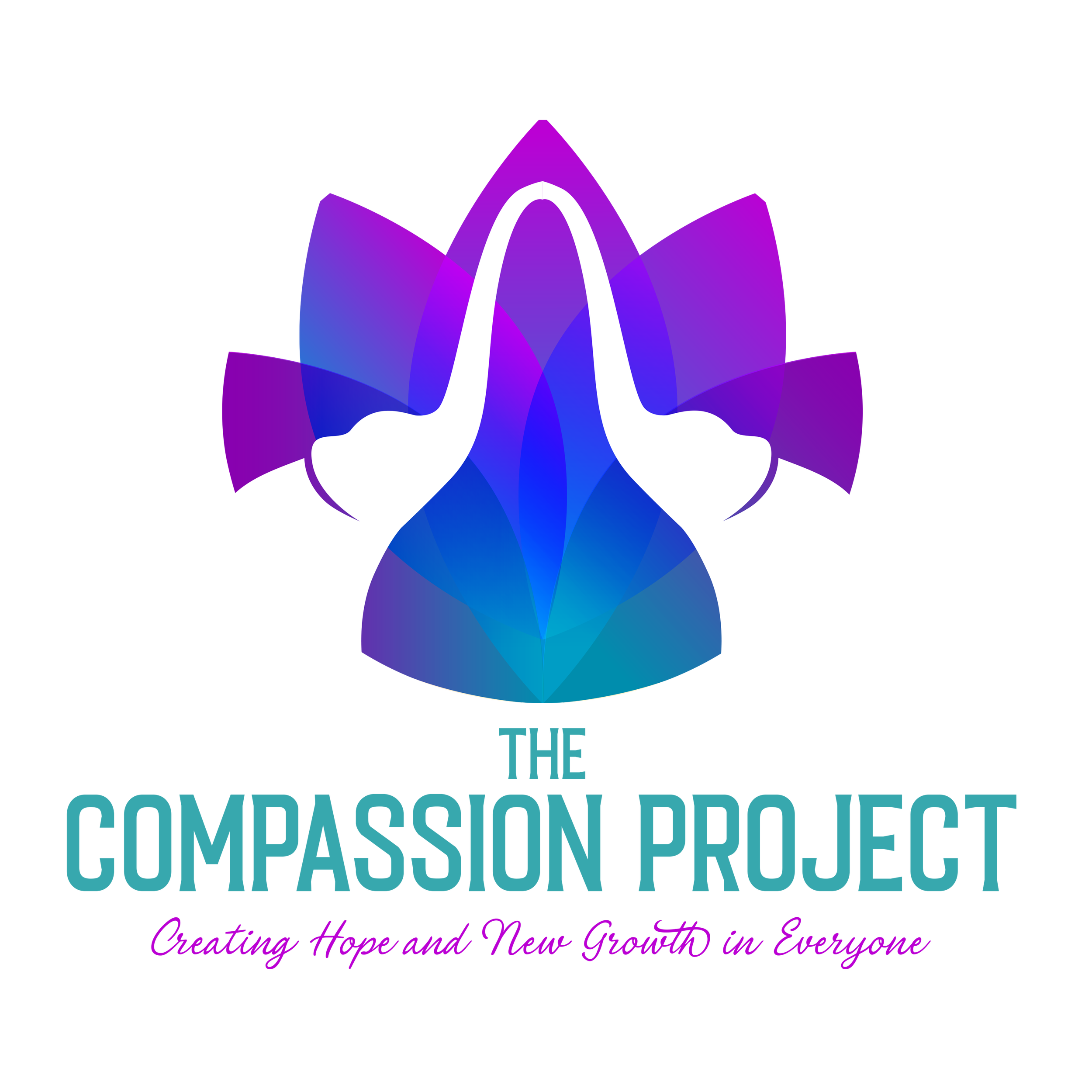
More than ever, we need more compassion in our lives.
Compassion is the key to a kinder life, and knowing how to use it with yourself and others allows for deeper connections. Our world is so divided that we internally get divided, which means we need more daily practice of compassion.
How do we create self-healing or self-compassion when our world pulls, triggers, hurts, and divides us?
Compassion allows us to see our pain and tell the truth about it. Compassion, at its most basic level, allows others to tell the truth about themselves without judging them.
I have been studying compassion for some time, and I am present to how it has changed me. Compassion was not something that came quickly to me; rather opposite; being raised to never give up, never give in, and you must win at all costs was the subtle message in my home growing up; along with chaos and stress, there wasn’t much room for compassion.
I understood compassion deeper after having children and deepening my understanding of myself and others, and now I know the depths of its healing mechanics.
Compassion must be practiced to understand its impact, AND we must start with ourselves to have compassion for others.
This is why I started the Compassion Project…..
Our Modern society has developed much faster than our ability as a species to evolve and respond to it, and so we are under nearly constant stress. Stress inhibits our ability to respond compassionately and reduces our natural tendency towards this compassionate state.
In our society today, we have a chronic release, at low levels, of hormones or proteins that are deleterious to our health.
Our nervous system was never meant to be chronically triggered. In fact, one of the most significant causes of a variety of illnesses is the release of inflammatory proteins released in response to stress; from that, it is also the result of a decrease in the function or ability of our immune system to respond to threats, which is why we have an epidemic of stress, anxiety, and depression.
Unfortunately, this is why we jump to judgments and reactions about others or experiences. Which decreases our chance of compassion for ourselves and others.
When we act with compassionate intention, it substantially positively affects our physiology; it pulls us out of the threat mode, puts us into the rest and digest mode, and changes how we respond to events and experiences that could create more stress.
Each of us innately has an immense ability within ourselves to shine the light of compassion on others which will allow us to manifest our own understanding.
Allowing ourselves compassion, accepting ourselves for who we are, where and what our circumstances are, and believing and knowing that we all deserve love, kindness, and care. Once we understand that everyone has a story and their experiences shape their nervous system, physiology, and brain, we can begin to find compassion.
The truth is “it’s not that we don’t have compassion; it’s that something is blocking it.”
Love is who we are, and we need to see what is the way of having it.
When you find yourself not feeling compassion
Ask yourself.
“What is my pain?”
About The Compassion Project
-
We are providing funding for access to Mental Health practitioners for Individuals and Families.
-
1. Empathy: We believe in treating each individual with empathy and understanding, recognizing that mental health struggles can be difficult and complex.
2. Respect: We value the dignity and worth of each individual, and strive to create a safe and supportive environment where everyone feels respected and valued.
3. Compassion: We believe in the power of compassion to heal and transform lives, and are committed to providing compassionate care to those in need.
4. Collaboration: We recognize that mental health care is a collaborative effort, and work closely with individuals, families, and other healthcare providers to provide the best possible care.
5. Holistic care: We believe in a holistic approach to mental health, addressing the physical, emotional, and spiritual aspects of each individual.
6. Accessibility: We believe that everyone deserves access to quality mental health care and support, regardless of their background or financial situation.
7. Education: We are committed to raising awareness about mental health and reducing the stigma surrounding mental illness through education and community outreach.
8. Continuous improvement: We are dedicated to continuous improvement and strive to provide the highest quality care possible, staying up-to-date with the latest research and best practices in mental health care.
-
The Compassion Project is a grassroots community organization helping those suffering from mental health since 2021. Our goal is to treat the whole person, improve emotional stability, encourage healthy habits, incorporate psychological interventions, and address the underlying issues plaguing an individual and community.
Central to The Compassionate Projects mission is the idea that supporting others in need makes a community and believes that every human has the dignity to be supported and mentally well.
Compassion Offerings
Your Donation Matters
Your donation to “The Compassion Project” will provide individuals struggling with mental health issues access to a range of services, including counseling, therapy, support groups, and educational resources. Our team of mental health professionals is dedicated to helping individuals overcome their challenges and achieve their full potential.






